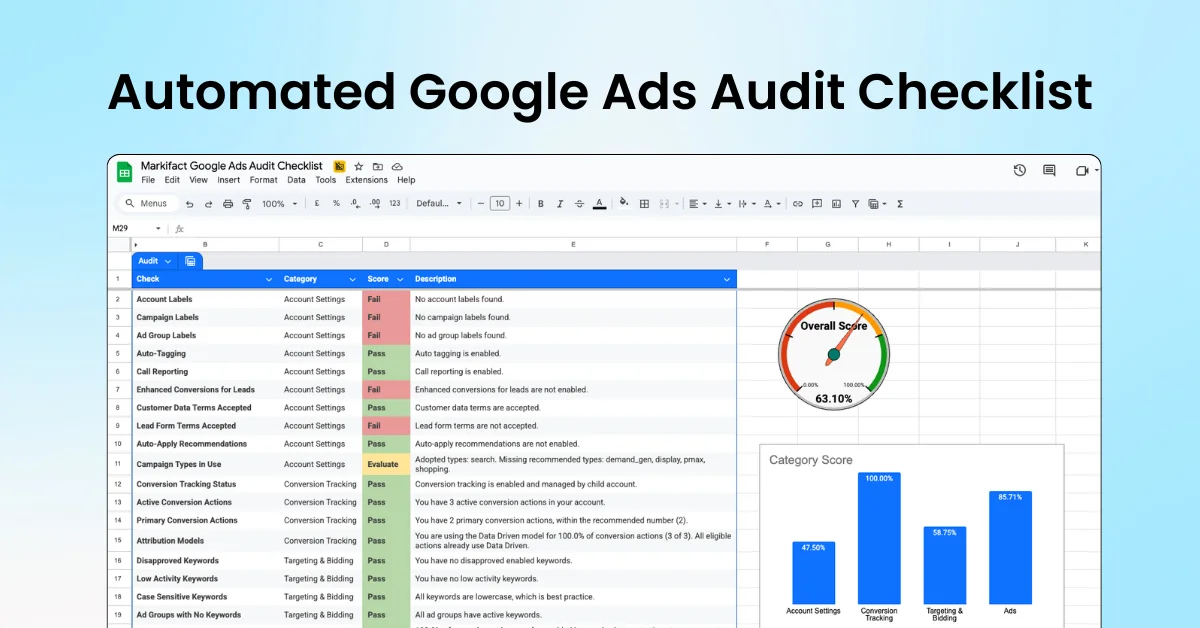Google is reportedly in advanced talks to acquire Wiz, a New York-based cybersecurity start-up, for $23 billion, marking its largest-ever acquisition. This move comes despite heightened antitrust scrutiny from the Biden administration, which has been stringent against tech consolidations. The acquisition aims to bolster Google's cloud-computing division, which currently lags behind Amazon Web Services and Microsoft Azure.
Key Details
- Acquisition Value: The deal is valued at approximately $23 billion, nearly double the $12.5 billion Google paid for Motorola Mobility in 2012.
- Wiz's Valuation: Wiz was last valued at $12 billion and has rapidly grown, boasting $350 million in annual recurring revenue as of this year.
- Regulatory Challenges: The deal proceeds despite potential regulatory blockages, as the Biden administration has been aggressive in curbing tech consolidations.
- Google's Strategy: The acquisition aligns with Google's strategy to diversify revenue streams beyond online advertising.
- Previous Acquisitions: Google has a history of cautious large acquisitions, including Motorola Mobility and FitBit, both of which faced regulatory scrutiny. In 2022, Google acquired Mandiant for $5.4 billion and Siemplify, another cybersecurity firm.
Wiz's Background
- Founding and Growth: Founded in Israel in 2020 and now headquartered in New York, Wiz has grown rapidly, securing $1 billion in funding and increasing its annual recurring revenue from $100 million to $350 million in two years.
- Clientele: Wiz's corporate customers include BMW, Slack, and Morgan Stanley.
- Investors: The start-up's investors include Andreessen Horowitz, Lightspeed Venture Partners, and Thrive Capital.
Context and Implications
- Antitrust Cases: Google is already embroiled in two antitrust cases by the Justice Department, targeting its search engine and digital advertising-technology business.
- Industry Impact: The acquisition could significantly enhance Google Cloud's capabilities and market position, especially in cybersecurity, making it more competitive against AWS and Azure.
This acquisition, if finalized, would not only be Google's most expensive but also a strategic move to strengthen its cloud-computing division amidst regulatory challenges.











